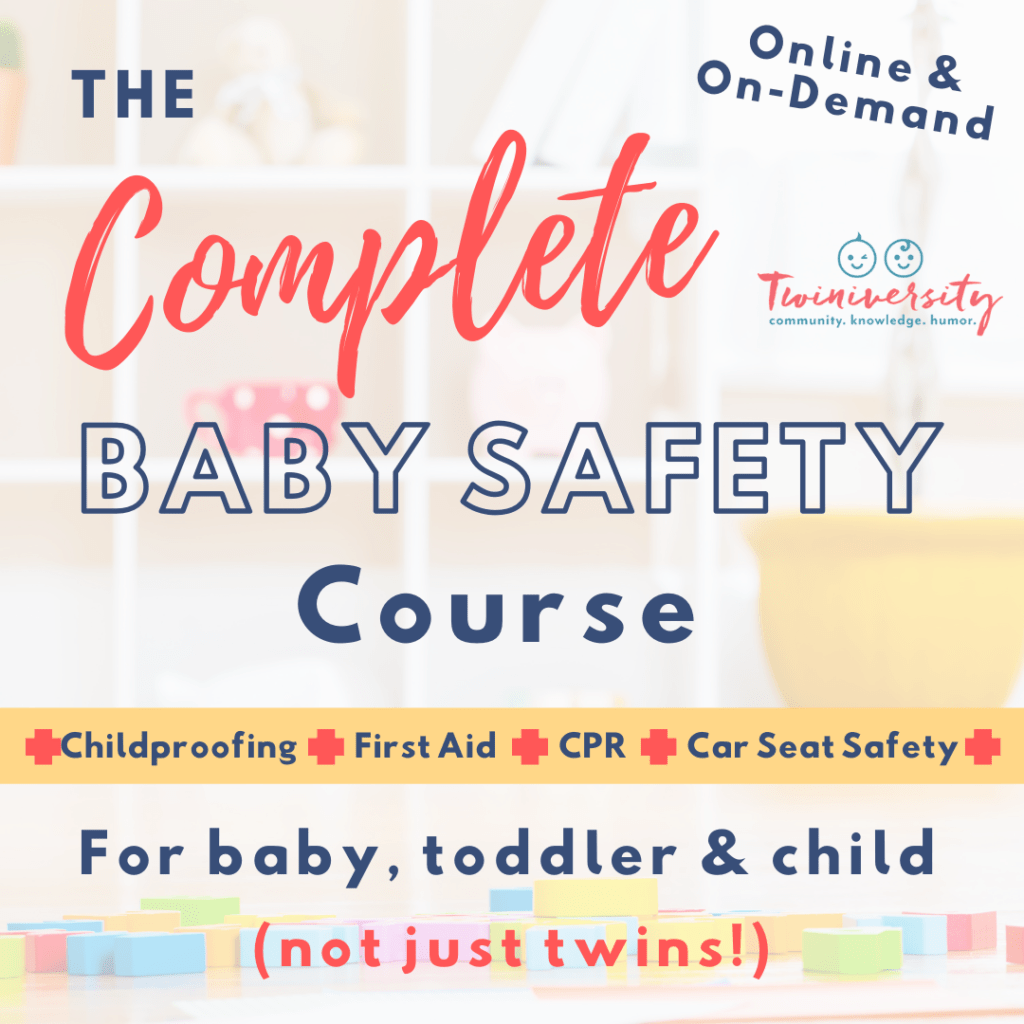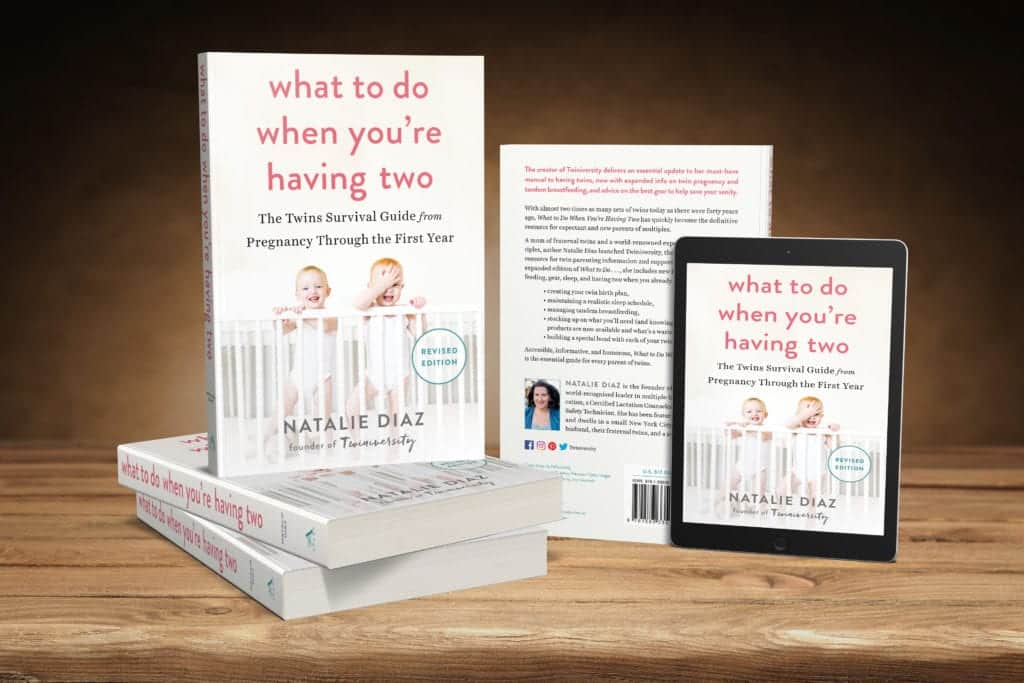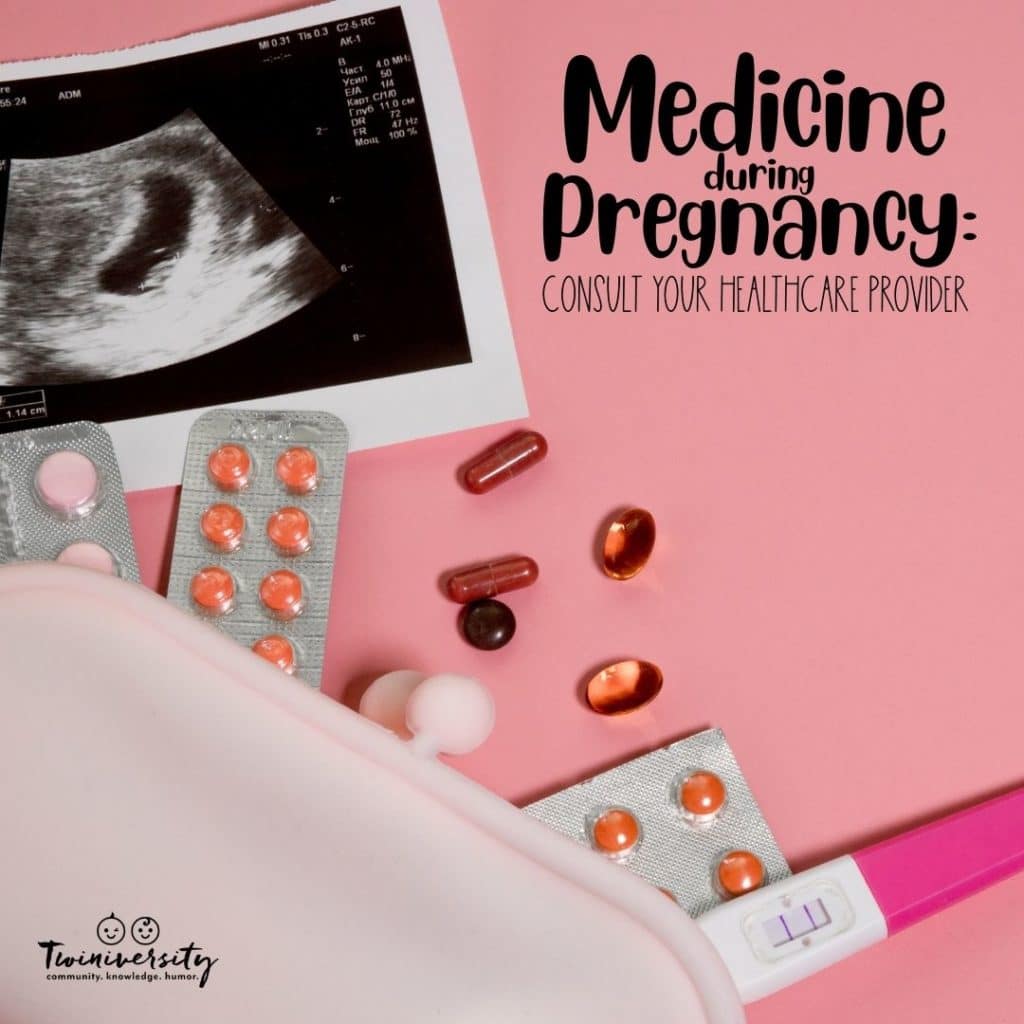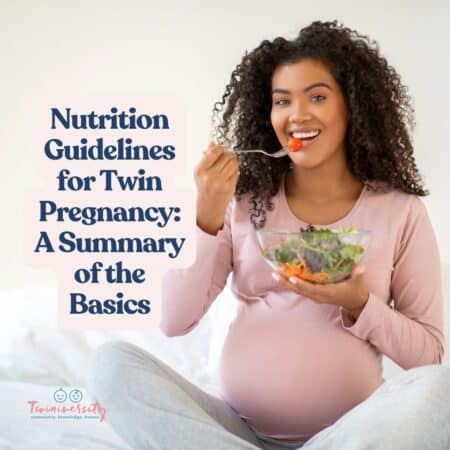Last updated on May 20th, 2024 at 02:38 pm
All content on this Web site, including medical opinion and any other health-related information, is for informational purposes only and should not be considered to be a specific diagnosis or treatment plan for any individual situation. Use of this site and the information contained herein does not create a doctor-patient relationship. Always seek the direct advice of your own doctor in connection with any questions or issues you may have regarding your own health or the health of others.
Pregnancy can be all rainbows and sunshine but it can also be all nausea, headaches, and sickness. So, when sickness strikes (and it WILL) can you take anything to help? What medicine can be taken during pregnancy?
What Happens if You Take Medicine During Pregnancy?
If taken correctly (how much to take, how often to take it, how long to take it) some medications can be taken during pregnancy. Unfortunately, no medication, prescription, or over-the-counter (OTC) is considered 100 percent safe during pregnancy.
Medication can cause harm during pregnancy by interfering with fetal development, damaging the placenta, increasing the risk of miscarriage, or premature birth. The amount of medication and frequency of use, as well as the gestational age of the fetus, will determine how harmful the medication can be. Be especially cautious in the first trimester. Avoid taking OTC medications during your first trimester (first 12 to 13 weeks of pregnancy) because that’s when the risk to your baby is highest.

What Medicines Are Not Safe During Pregnancy?
The rule about taking medicine during pregnancy is simple: always ask your doctor first. This includes prescription and over-the-counter medications. According to www.webmd.com, you should avoid the following medications during pregnancy:
- Aspirin – unless specifically prescribed by your physician
- Ibuprofen (Motrin, Advil)
- Herbs, minerals, amino acids, and regular vitamins
- Isotretinoin (formerly sold as Accutane, now Absorica, Amnesteem, Claravis, Myorisan, Zenatane) taken for acne
- Thalidomide (Thalomid) taken for a type of skin disease and multiple myeloma
Are There Alternatives for Unsafe Medicine During Pregnancy?
Acetaminophen (instead of Aspirin or Ibuprofen)
Acetaminophen is the most common pain reliever that doctors allow pregnant women to take. Even if you get the okay to take acetaminophen, you should take as little, for as short a time, as possible. Do not take if you are allergic, have liver problems, or if your health care provider decides it is unsafe for you.

Need some baby safety training? Take the Twiniversity Complete Baby Safety course, offered on-demand. Includes video modules on infant, toddler, and child CPR, first aid, and common medical ailments, plus car seat installation and safety and childproofing your home. Click here to learn more!
Prenatal Vitamins
During pregnancy, your needs for vitamins, minerals, and trace elements increase significantly. Prenatal vitamins are multivitamins that are specially formulated to meet the increased demand for micronutrients during pregnancy. These vitamins are essential for fetal and placental growth.
OTC Acne Treatments (Instead of Isotretinoin)
Only small amounts of over-the-counter acne treatments are absorbed into the skin, making it unlikely that these treatments would pose a risk to a developing fetus. Skin treatments containing erythromycin (Erygel) and clindamycin (Cleocin T, Clindagel) are considered safe to use during pregnancy.
Are You a New Twin Parent?
Check out Natalie Diaz’s book:
“What To Do When You’re Having Two
The Twin Survival Guide From Pregnancy Through the First Year”

In What to Do When You’re Having Two: The Twins Survival Guide from Pregnancy Through the First Year, national twins guru and founder of Twiniversity (and twin mom herself!) Natalie Diaz provides a no-holds-barred resource about life with twins, from pregnancy and birth all the way through your duo’s first year of life.
Accessible and informative, What to Do When You’re Having Two
is the must-have manual for all parents of twins.
Are Over-The-Counter (OTC) Medications Okay While Pregnant?
The first 12 weeks of your pregnancy are an important time in your baby’s organ development. Because of this, many health care providers recommend avoiding all over-the-counter medications during this time.
During your second trimester of pregnancy, it is safer to take over-the-counter medications. However, taking some medicines during pregnancy could impact your baby’s nervous system or birth weight during this time.
Taking medications after the 28th week of pregnancy is also discouraged because they can impact your baby after birth. The medications can cross into your baby’s system. The baby may not handle it the same way you do, leading to things like breathing difficulties.
Safe Over-The-Counter Medications to Take During Pregnancy
| Condition | Safe OTC Medications to Take During Pregnancy* |
| Allergy | Antihistamines including: Cetirizine (Zyrtec) Chlorpheniramine (Chlor-Trimeton, Efidac, Teldrin) Diphenhydramine (Benadryl) Doxylamine Fexofenadine (Allegra) Loratadine (Alavert, Allegra, Claritin, Loradamed, Tavist ND Allergy, Zyrtec ) Nasal spray oxymetazoline (Afrin, Neo-Synephrine) (Check with your doctor first and limit use to a few days.) Steroid nasal spray (Flonase, Nasacort, Rhinocort) (Check with your doctor first, but over the counter sprays are generally safe.) |
| Cold and Flu | Robitussin (check which ones, some should not be used in 1st trimester), Trind-DM, Vicks Cough Syrup Saline nasal drops or spray Actifed, Dristan, Flonase, Nasocort, Neosynephrine*, Sudafed (Check with your doctor first. Do not use in first trimester.) Tylenol (acetaminophen) or Tylenol Cold Warm salt/water gargle *Do not take “SA” (sustained action) forms or “Multi-Symptom” forms of these drugs. |
| Constipation | Citrucil. Colace Fiberall/Fibercon Metamucil Milk of Magnesia Senekot |
| Diarrhea | For 24 hours, only after 12 weeks of pregnancy: Imodium Kaopectate Parepectolin |
| First Aid Ointment | Bacitracin J & J Neosporin |
| Headache | Tylenol (acetaminophen) |
| Heartburn | Gaviscon Maalox Mylanta Riopan Titralac TUMs |
| Hemorrhoids | Anusol Preparation H Tucks. Witch hazel |
| Nausea and Vomiting | Doxylamine (in combination with pyridoxine) Emetrex Emetrol (if not diabetic) Sea bands Vitamin B6 (100 mg tablet) |
| Rashes | Benadryl cream Caladryl lotion or cream Hydrocortisone cream or ointment Oatmeal bath (Aveeno) |
| Yeast Infection | Monistat or Terazol Do not insert applicator too far |
| *Please Note: No medication can be considered 100% safe to use during pregnancy. |
I Took Medicine Before I Knew I Was Pregnant. What Do I Do?
Some medicines can be harmful when taken during pregnancy. Contact your health provider as soon as possible and be sure to share all the medications you are currently taking.
Should I Stop Taking Medication While Pregnant?
With some medications, the risk of not taking them may be more serious than the risk of taking the medicine during pregnancy. Always talk to your healthcare provider before starting or stopping any medication. Your doctor will weigh the benefit to you versus the potential risk to your baby when making their recommendations.

Can I Take Folic Acid When Pregnant?
According to the Center for Diseases Control and Prevention (CDC), women of reproductive age (late 20s and early 30s) should take 400 micrograms (mcg) of folic acid each day. Folic acid is very important because it can help prevent some major birth defects in your baby’s brain and spine. When taking folic acid, be sure to take it at the same time each day; morning or evening, and with a glass of water. If you forget to take your dose, just take it as soon as you remember.

What Vitamins Help Prevent Miscarriage?
Vitamin C and vitamin E were once thought to be important factors in reducing the risk of miscarriage. However, according to a study by St. Luke’s International University, Graduate School of Nursing Sciences, supplementing women with any vitamins does not reduce the number of women who have miscarriages. Miscarriage can occur in any pregnancy regardless of your vitamin intake.
Most women, pregnant or not, know to avoid drugs, alcohol, and tobacco if pregnant. But when you have a headache and you’re pregnant, do you stop and think if you should be taking the pain medication in your medicine cabinet? I know I didn’t! Until my doctor told me so. If you only take away one thing from this article, it should be: No matter the medication, ALWAYS talk to your health care provider before ingesting!
Latest Posts
- Nutrition Guidelines for Twin Pregnancy: A Summary of the Basics
- How to Curb Your Mom Rage (or Dad Rage) as a Twin Parent
- Co-Regulation Techniques to Try With Twins of All Ages
- When to Start Parental Leave for Twins?
- The Best Twin Names for 2025 (Plus, Strategies for Naming Your Duo)

Twiniversity Staff Writer







